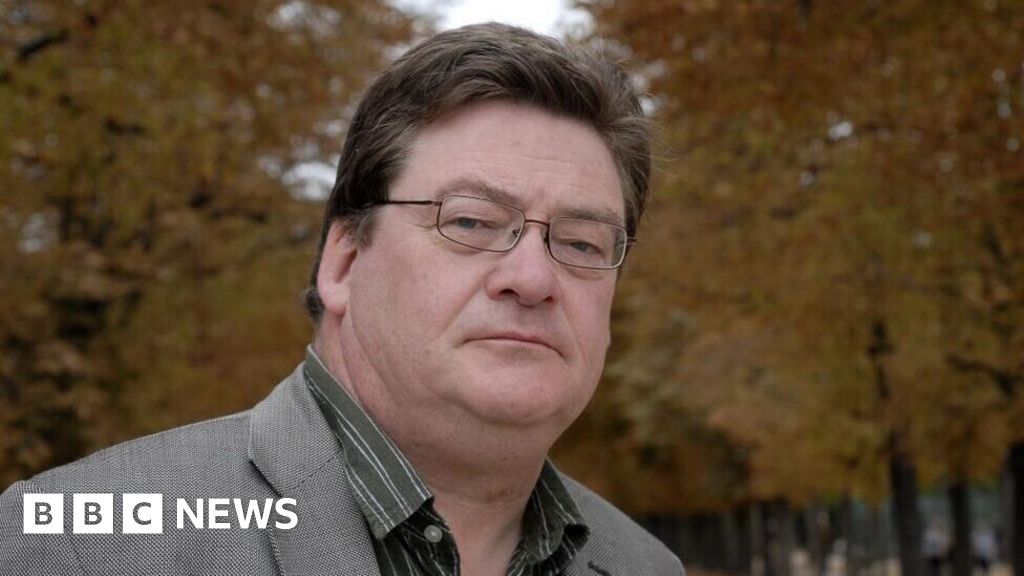
Tributes have been paid to the award-winning poet and novelist John Burnside, who has died at the age of 69.
His publishers Jonathan Cape confirmed the Fife-born writer had died after a short illness.
They said Burnside was one of the most acclaimed writers of his generation, with a career which spanned four decades.
A former writer-in-residence at Dundee University, he was most recently appointed a professor at the school of English at the University of St Andrews.
His 1992 poetry collection Feast Days won the Geoffrey Faber Memorial Prize, and he later won the Whitbread Poetry Award for The Asylum Dance in 2000.
His memoir, titled A Lie About My Father, earned him the Saltire Book of the Year in 2006, and he won both the TS Eliot Prize and the Forward Poetry Prize for Black Cat Bone in 2011.
Burnside also wrote regularly for a number of publications including The Guardian, the TLS, the London Review of Books and the New Yorker.
Last year, he received the highly prestigious David Cohen Prize, which is awarded biennially in recognition of an author’s entire body of work.
Born in Dunfermline in 1955, Burnside’s early life was spent in Cowdenbeath and then Corby, Northamptonshire.
He studied English and European Literature at the Cambridgeshire College of Arts and Technology before publishing his first book of poetry, The Hoop, in 1988.
He went on to publish many more poems, novels and short-stories, primarily with the publisher Jonathan Cape.
Hannah Westland, publishing director of Jonathan Cape, said: “John Burnside had a particularly miraculous ability to perceive and articulate both the wonders of the natural world and the everyday miracles that make up our lives.
“His work was mysterious but never mystifying, quite the opposite – he made sense of strangeness and to read him was to feel a lighting-up of the darkness.
“We cherished and will go on cherishing him and his work.”
Anna Webber, Burnside’s literary agent, called his death an “immense loss”.
She said: “John Burnside had a unique voice that brought pleasure and solace to many readers across the globe.
“His work was characterised by deep empathy and understanding. He was finely attuned to the natural world, but also to people.
“These traits, so clearly visible in his writing, also marked out the man himself.”
She added: “John was kind and gentle and generous, and I will miss him terribly.”